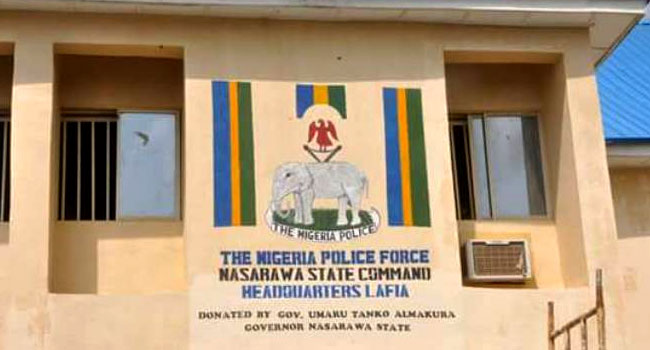The Oyo State House of Assembly has called for immediate government intervention to mitigate the impact of the withdrawal of U.S. funding under the President’s Emergency Plan for AIDS Relief (PEPFAR), warning that thousands of residents living with HIV/AIDS could lose access to lifesaving treatment and support.
At its Thursday plenary, the House debated a motion titled “Need for Urgent State Intervention in HIV/AIDS Treatment, Care, and Support in Oyo State Following Withdrawal of PEPFAR Support”, sponsored by Hon. Mrs. Comforter Olajide (Ibadan North I).
The motion highlighted the looming health crisis and urged the state to act swiftly to sustain antiretroviral therapy (ART) services and protect vulnerable citizens.
According to the motion, more than 550 ad-hoc personnel employed by the AIDS Prevention Initiative in Nigeria (APIN) to support ART delivery were recently disengaged following the funding cuts.
This, lawmakers warned, could trigger widespread service disruptions, drug shortages, treatment default, and increased viral resistance among patients.
The Assembly expressed concern that failure to intervene could lead to higher HIV transmission rates, avoidable deaths, greater pressure on the state’s healthcare system, and loss of public confidence in health institutions.
The motion urged the executive arm, particularly the Ministry of Health, Oyo State Agency for the Control of AIDS (OYSACA), and the Oyo State Primary Health Care Board, to assess and fill treatment gaps, design a state-funded HIV/AIDS intervention strategy, and re-engage the disengaged personnel through state resources or partnerships.
It further called for collaboration with donor agencies, NGOs, and private investors to sustain support for people living with HIV/AIDS (PLHIV), as well as for the House Health Committee to convene key stakeholders to review the situation and propose lasting solutions.
The Assembly also advocated for dedicated budgetary provisions or special funding windows to guarantee uninterrupted HIV/AIDS care and prevention services.
Nigeria is among countries most affected by PEPFAR’s recent funding cuts, which have already led to sharp declines in prevention programmes such as pre-exposure prophylaxis (PrEP) for at-risk individuals.






